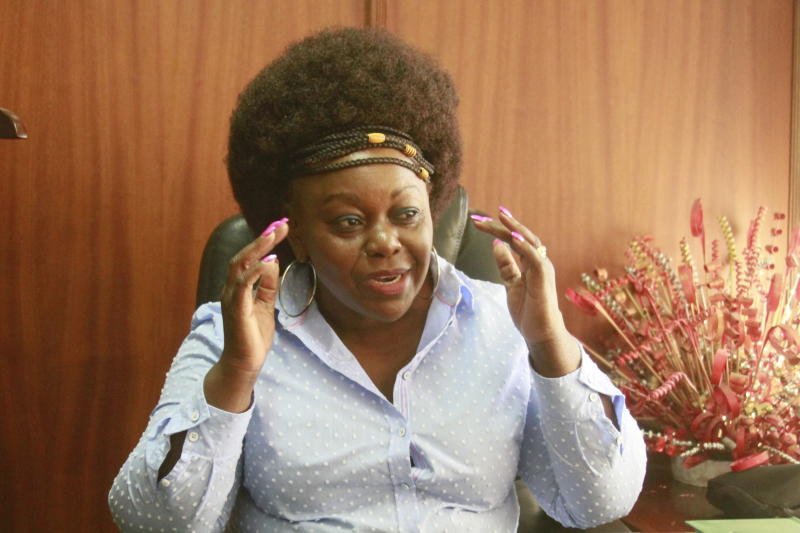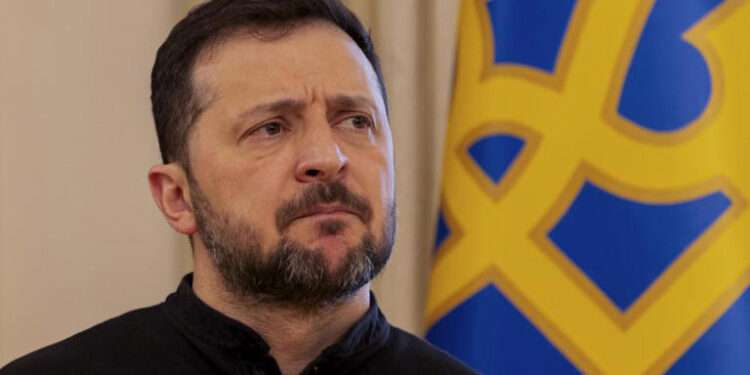Kenya’s political arena has been thrown into turmoil after President William Ruto accused lawmakers of accepting bribes, an explosive allegation that came as a new survey exposed the country’s deep-rooted corruption problem and reignited public anger over unfulfilled promises.
The 2024 National Ethics and Corruption Survey revealed the extent to which graft continues to poison everyday life. According to the report, many Kenyans are still forced to hand over money just to access basic services, a practice so widespread that most victims no longer bother reporting it. The survey noted that while the average amount of bribes has declined, the culture of bribery remains firmly entrenched, with the majority of cases going unreported.
At a joint parliamentary group meeting, President Ruto directly pointed the finger at legislators, declaring that some were collecting money under parliament’s name but keeping it for themselves. His remarks sparked a heated reaction within parliament but found support among citizens tired of political double-talk on corruption.
“There are people who are destroying the credibility of parliament, and they are collecting money in the name of parliament, and most of the time that money never gets to parliament; it gets to a few people.”We are not going to shame them. We are going to arrest them. Both the givers and receivers must be dealt with.”
President William Ruto
Critics accused the president of politicizing the fight against graft, while supporters argued that he had only voiced what many Kenyans have long suspected.
Parliament Pushes Back Against Allegations
Many lawmakers were quick to counter the claims. Junet Mohamed, the National Assembly’s minority leader, demanded that the president produce evidence to support his assertions.
“The person who is bringing the allegations must come with proof. The burden of proof belongs to the person who is coming up with allegations. He who alleges must come with proof — that’s all.”
Junet Mohamed
Minority Whip Millie Odhiambo also criticized the sweeping remarks, stressing that corruption should be treated as an individual problem rather than as a stain on the entire institution.
“So if somebody is corrupt, it is an individual issue; they need to investigate members individually and tell us how they are corrupt, what were they corrupt on, and who gave them that bribery.”
Minority Whip Millie Odhiambo

Wilson Sossion, a former MP and governance analyst, echoed this position, warning against collective blame.
“If we speak factually and we speak truth, corruption is a way of life in all institutions in Kenya, that’s a fact, and parliament may not be an exception… when individuals are involved as individuals, the other members may not even know.
“I think making this allegation collective is not right. If indeed there are individuals who in person are engaged in bribes, then that is not parliament doing it, it is individuals who are in parliament.”
Wilson Sossion
Public Opinion Remains Divided
The chair of the Ethics and Anti-Corruption Commission, Bishop David Oginde, sought to balance the narrative, pointing out that despite the perception of widespread corruption, the majority of Kenyans remain honest.
“There is a perception that Kenyans are corrupt but if you look at the majority of Kenyans, we are not corrupt and that’s why I think people resonate with the idea of fight against corruption because they can see that there are a few people.”
Bishop David Oginde
On the streets of Nairobi, ordinary Kenyans voiced a mix of skepticism and support for the president’s sharp remarks.
Mathew Wafula said the president’s tone was a striking shift from his earlier promises of a consultative approach. “The departure by his excellency the President, from being a consultative and a participatory leader to sustained attacks on parliament, is raising many questions,” he observed.
Others argued that decisive action was long overdue. Maxwell Oloo welcomed the tough rhetoric, saying, “Those found guilty of corruption should be detained, and the rule of law should take action, and the president has all those commands.”
But not everyone was convinced. Jeff Mwendwa turned the accusations back on the president himself. “I don’t see how the president should blame the MPs on being corrupt, when he himself is part of the corruption,” he said.
Kenya continues to bleed financially from corruption. The African Development Bank estimates that the country loses about $1.5 billion (€1.3 billion) annually to graft and illicit financial flows. Economists say such losses deprive the nation of critical funds that could otherwise support health care, education, and infrastructure development.
As the debate intensifies, the president’s blunt accusations have left both parliament and the public divided, with the spotlight once again on Kenya’s ongoing struggle to root out corruption.
READ ALSO: AG’s Office Denies Losing Evidence in Adu-Boahen Trial























